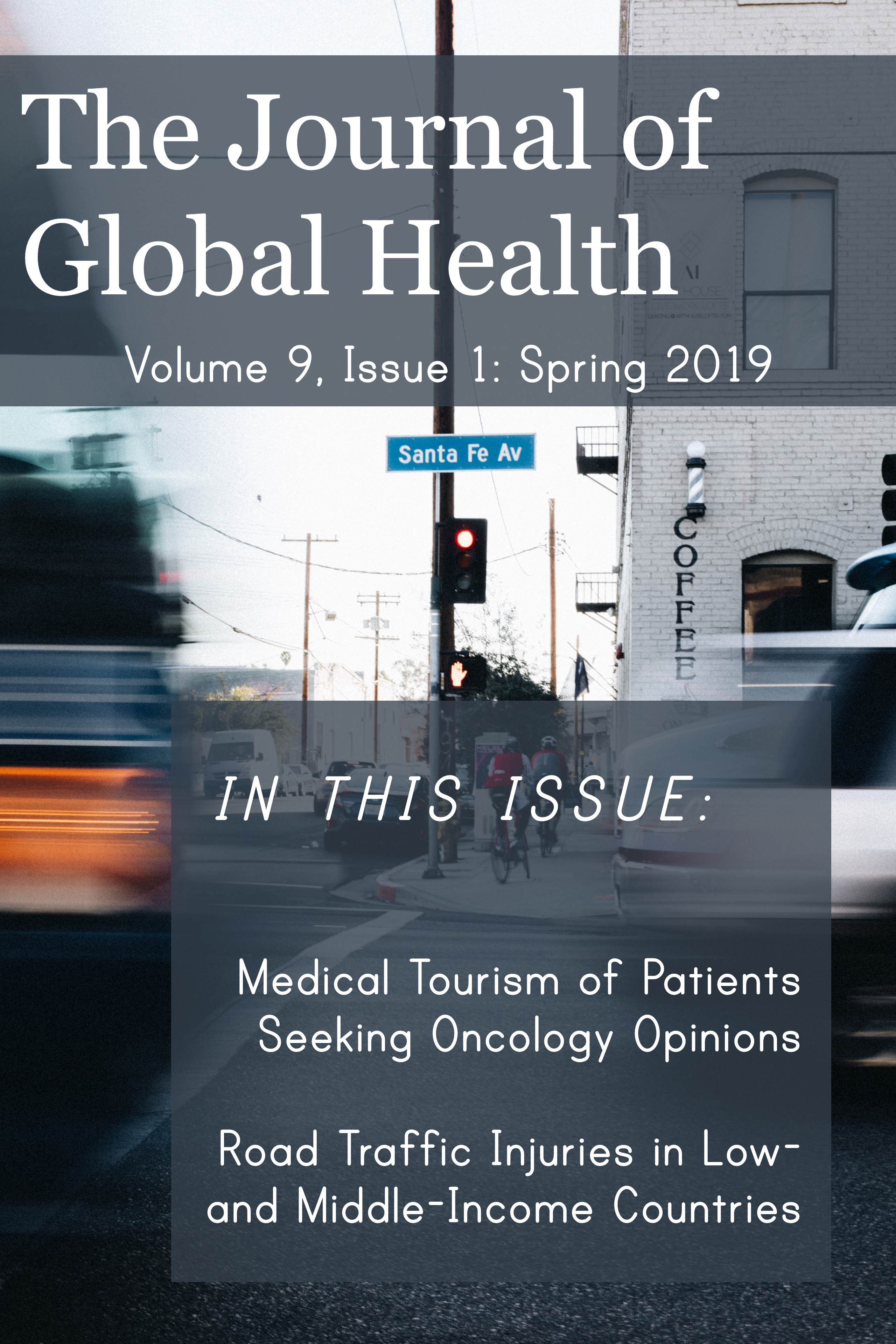The African Global Mental Health Institute: Increasing capacity, inclusivity and translation of psychiatric research and care
Main Article Content
Abstract
The largest treatment gap for mental, neurological and substance use (MNS) disorders to date exists in Sub-Saharan Africa (e.g., South Africa, Malawi, Nigeria). While efforts have been made to reduce the global burden of MNS disorders, there remain significant barriers to delivery of equitable mental health care in Africa and the diaspora. These barriers are deeply rooted in a lack of research structures to inform care delivery, few outlets to train in-country mental health professionals, and limited involvement of policymakers in translation of research findings. Given the demonstrated need across domains of research, education, service delivery and policy in Africa, it is in the purview of global leaders and mental health professionals to build the infrastructure necessary to make systematic, targeted strides to develop each of these areas.
With this conceptual framework in mind, over fifty global leaders, psychiatrists, mental health professionals and advocates with expertise in cultural psychiatry convened at a global conference in Cape Town, South Africa in 2016 to establish the African Global Mental Health Institute (AGMHI). The AGMHI is an organizational effort that aims to reduce the global burden of mental illness through research, education and training, service delivery, and policy. Aligned with mental health initiatives posited by the World Health Organization (WHO) and the World Bank, the AGMHI represents an opportunity to explore and understand cultural nuance among populations in Africa and the diaspora. This article focuses on the AGMHI’s targeted strategies in the following actions: 1) bolstering training and education programs for clinicians and/or researchers in Africa and the diaspora to increase human capacity for mental health; 2) conducting and disseminating inclusive, culturally-relevant research (e.g., research that involves community stakeholders in its design and conduct) to meet the urgent need for a culturally-relevant evidence base; 3) identifying key stakeholders to promote sustainable mental health care and inform policy; and 4) fostering local and global collaborations (e.g., engaging local and national governments, non-governmental organizations (NGO), academic institutions, etc.) to share methods of improving access to mental health services. In concert with empirical data, these strategies were devised by members of the AGMHI, which is comprised of international leaders with decades of expertise in global psychiatry. While the MNS disorder treatment gap remains at large, the AGMHI believes these specific strategies are a step toward reducing the treatment gap and enhancing mental health care access globally.
Article Details

This work is licensed under a Creative Commons Attribution 4.0 International License.

